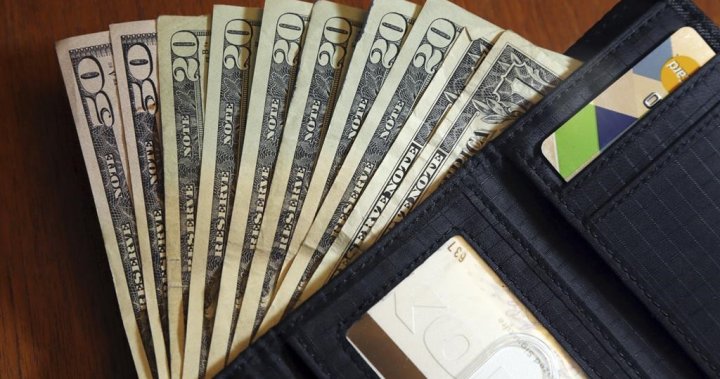It’s taken Manitoba women from Jan. 1, 2023 until April 4, 2024 to make the same income as their male colleagues did last year.
Numbers from the Canadian Centre for Policy Alternatives (CCPA) show that, on average, women make $0.71 for every dollar a man makes, setting them back three months on an annual basis.
Molly McCracken, Manitoba Director of the CCPA, said racialized women make even less.
“Indigenous women earn $0.58 on the dollar compared to a white man, and women of colour earn $0.59 on the dollar,” she said, adding that none of these numbers have changed markedly in the past 30 years.
The impacts, she said, are not isolated to someone’s pocket.
“Women’s unequal earnings are a major driver of Manitoba’s last-place ranking among all provinces when it comes to gender equality,” McCracken said.
“We have persistently high rates of poverty among women and lower rates of women participating in the labor force. So that affects child poverty, because we know child poverty is concentrated amongst single-parent households, who are predominantly female-headed households.”

The expert noted that 60 per cent of minimum-wage workers are women, and called the current minimum wage a poverty wage.
Breaking news from Canada and around the world
sent to your email, as it happens.
“It’s below the living wage of $19.21 an hour. So if women are working several jobs, in minimum wage, then they’re not able to make enough to improve their economic status and get ahead,” she said.
McCracken said there are ways to address the pay gap, and the problems attached to it.
“We need thousands of new child-care spaces because there’s deserts where people have access to no child care. Raising the minimum wage to a living wage. Expanding education and training opportunities to help women advance their education,” she said.
Measures preventing discrimination, harassment and violence in the workplace are also necessary, she said.
“Manitoba was a leader in the ’80s. We were the first province to introduce pay equity legislation. But it only covers the public sector. It doesn’t cover the private sector,” McCracken said. “So we’ve fallen behind the rest of the country on the legislative agenda on this.”
She said a Probe Research poll shows 78 per cent of Manitobans “strongly agree, or agree, that Manitoba needs tougher pay equity laws to make sure that women are paid the same as men for work of equal value.”
Screen capture from Probe Research poll
The minister responsible for gender equity, Nahanni Fontaine, said when the NDP was in opposition, a pay transparency act was introduced twice by Malaya Marcelino, now the minister of labour and immigration.
She also referenced announcements vowing to increase $10-a-day daycare.

“Now, as a government, this is a priority for us and we’re committed to ensuring that we get equal pay for women,” Fontaine said.
Right now, she said jurisdictional scans are being made, and stakeholders are being spoken with.
“I think we’re looking at legislation in the near future,” Fontaine said.

© 2024 Global News, a division of Corus Entertainment Inc.





